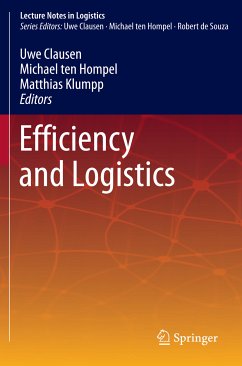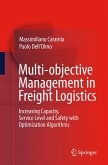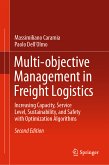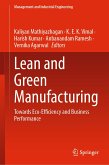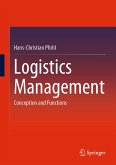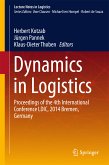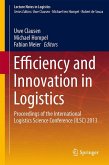Dieser Download kann aus rechtlichen Gründen nur mit Rechnungsadresse in A, B, BG, CY, CZ, D, DK, EW, E, FIN, F, GR, HR, H, IRL, I, LT, L, LR, M, NL, PL, P, R, S, SLO, SK ausgeliefert werden.
"Efficiency and Logistics is a collection of 32 short articles reporting on the results of various projects undertaken at EffizienzCluster LogistikRuhr ... a comprehensive research center in Germany. ... This book would be a good reference for readers who are doing research in the areas mentioned, are interested in the broad range of topics covered in an ambitious research project, or are practitioners looking for new ideas." (Michael Watson, Interfaces, Vol. 44 (2), March-April, 2014)

